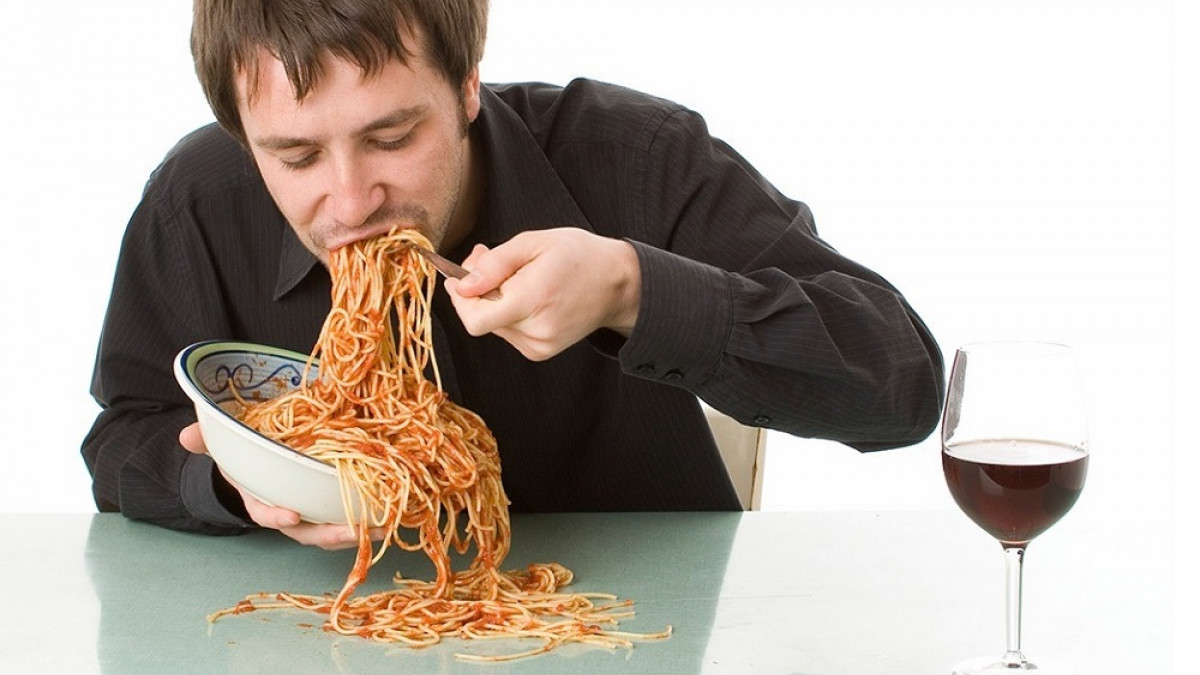
Have you ever felt the need to eat impulsively without really being hungry? This is emotional hunger, a disorder related to avoiding emotions.
This desire occurs to satisfy that “something” that keeps the mind uneasy, in other words anxiety, and is a consequence of unresolved emotional conflicts.
On the one hand, physical hunger is the effect of the need to nourish ourselves, while emotional hunger aims to control feelings with food. Some of its features are:
- Find excuses to eat, even if you don't feel hungry.
- Feeling guilty after hunger attacks.
- After eating too much, feeling empty or restless.
- Eat at that precise moment and not be able to postpone it.
How to control it
To solve this problem, it is important to know from the root what causes it, to discover what type of feeling eating this way triggers.
It is advisable to go to a specialist and know the severity of the case, however there are some tips that can help keep emotional hunger under control:
- Food menu, stopping eating is not the solution, on the contrary, it could trigger even more hunger and lead to binge eating. The ideal is to create a weekly food calendar with times and portions, making sure you eat enough, and when you feel any type of craving, reflect on its causes.
- Eat plenty of grains, fruits and vegetables, the soluble fiber in these foods absorbs large amounts of water, which will make you feel fuller for longer, avoiding cravings.
- Avoid sugar, it is common to abuse sugary and processed foods, in addition to being very quick and easy to eat. A good strategy is not to have these types of products at home or replace them with healthier options.
- Exercising is a powerful tool to manage stress and anxiety. Staying active for 30 minutes a day raises serotonin levels in the brain, as a result you will feel more positive.
The most important thing is to work on self-knowledge, observe your emotions when feeling the need to eat impulsively and try to trace its origin.
PRONAPRESA
"Because prevention is better than cure"





















































